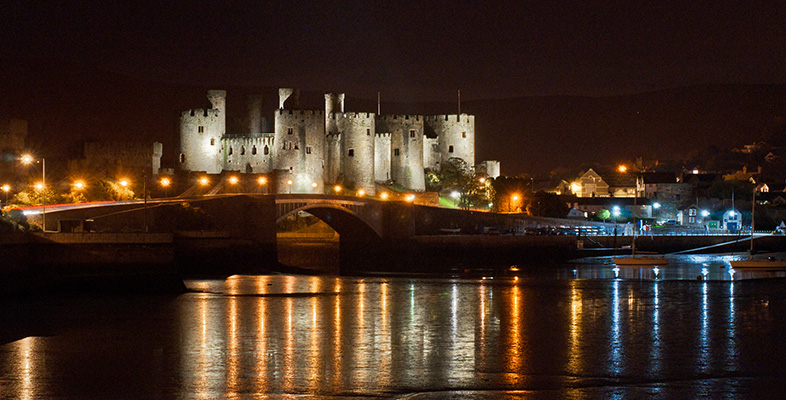5.2 Conclusion
- People in Wales are more likely to identify themselves as working class than those in most other parts of the UK.
- This self-identification is influenced by people’s pasts as well as by the positions they find themselves in now (people can move from one class to another over their lifetimes).
- A history of class conflict means that many people in Wales are proud to describe themselves as working-class.
- Wales is often perceived as classless, in comparison with many other parts of Britain, in the sense of people holding similar values and coming from similar communities.
- People born outside Wales are more likely to have jobs in the professions than those who are Welsh born, but there are also differences between Welsh-born people according to whether or not they speak Welsh.
There is a widespread view that Welsh speakers dominate the most influential tiers of society.
Class can seem like an old-fashioned thing. Many of the images that it brings to mind are old ones, whether they are of miners or top-hatted aristocrats. Some social scientists claim that class is fading and lacks the centrality in people’s lives that it once had; that it no longer helps us understand society today. Certainly the forms it assumes have changed, but we should be wary of dismissing its significance.
There are four particular arguments for the continuing relevance of class in Wales which emerge from this unit:
- First, there is no evidence that social patterns, divisions of income, desirability of housing, of culture and consumption are declining. Wealth still provides people with status, prestige and power, while poverty carries a deep stigma. Not only have social divisions not declined, some of them have grown. Class in the form of social and cultural capital has a clear influence on people’s life chances.
- Second, we are influenced by the past. Much of the population of Wales was born and grew up in a time when the older stereotypes of class were still very much apparent. In any society there is not just the here and now and the new but a persisting influence of the past. The strength of the Labour Party in Wales, however much its position has been eroded, reflects that past and so perhaps does the relative enthusiasm with which Welsh people join trade unions. The people quoted at the beginning of this section thought of themselves as working-class because of their past, not their present. The living are haunted by ghosts of the past. Outsiders’ images often adjust even more slowly to changing realities.
- Third, class is one of the things which make Wales distinctive, in the sense of a pattern of social relationships which are significantly different from those in England – or at least London and the southeast of England. Think of the balance of rich and poor in Wales, the rate at which Welsh people join trade unions, and the ways in which the Welsh think about class. The pattern of class is very much a part of what makes Wales distinctive, part of what makes its inhabitants Welsh.
- Finally, class is something which gets into our very being. It is part of our make-up and something we carry around with us. ‘Class is something beneath your clothes, under your skin, in your reflexes, in your psyche, at the very core of your being’ (Annette Kuhn quoted in Sayer, 2005, p. 22). This is why to ask about class is a rude question. It is intensely personal.
